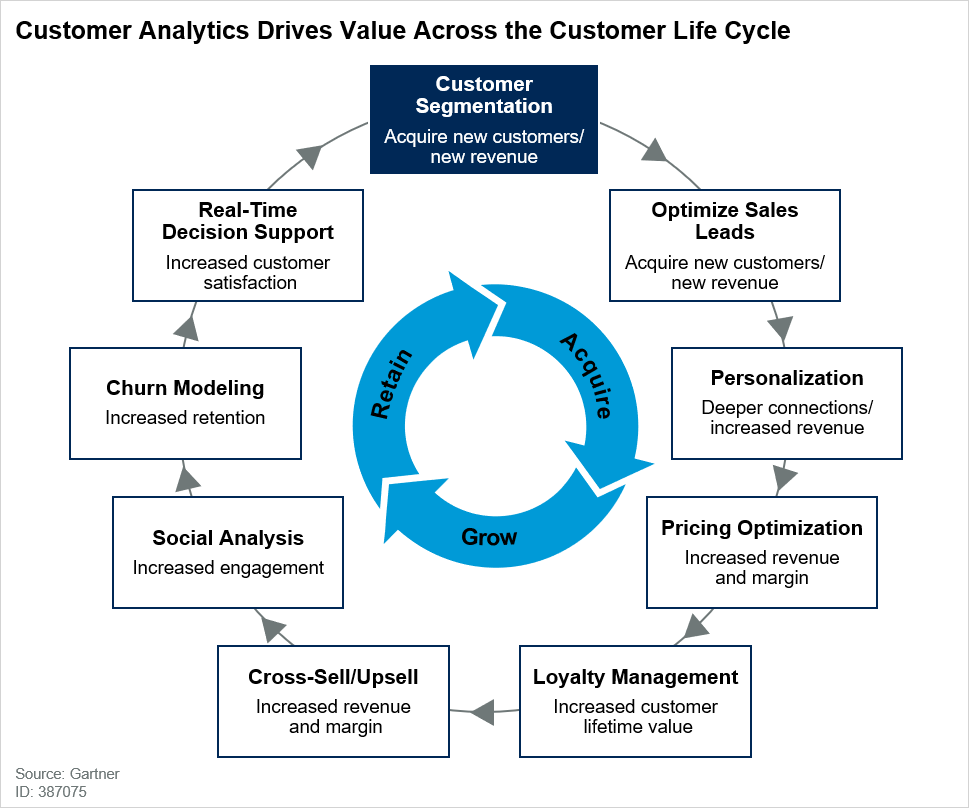

The Role of AI in Retail Analytics and Customer Insights
The retail industry has undergone a significant transformation in recent years, driven primarily by the rise of e-commerce and the increasing use of technology in brick-and-mortar stores. One of the most significant developments in this space has been the advent of Artificial Intelligence (AI) in retail analytics and customer insights. AI has revolutionized the way retailers understand their customers, identify trends, and make informed decisions about their business.
The Importance of Retail Analytics
Retail analytics refers to the process of analyzing data related to customer behavior, sales, and market trends to gain insights that can inform business decisions. With the vast amount of data being generated every day, retailers need advanced analytics capabilities to make sense of it all. The primary goal of retail analytics is to help retailers develop a deeper understanding of their customers, optimize operations, and improve profitability.
The Role of AI in Retail Analytics
AI has become an indispensable tool in retail analytics, enabling retailers to analyze vast amounts of data quickly and accurately. AI algorithms can process large datasets, identify patterns, and provide insights that human analysts might miss. Here are some ways AI is transforming retail analytics:
- Predictive Analytics: AI algorithms can analyze historical data and make predictions about future sales trends, allowing retailers to optimize inventory management, pricing, and supply chain logistics.
- Customer Segmentation: AI can help retailers segment their customers based on behavior, demographics, and preferences, enabling targeted marketing and personalized experiences.
- Real-time Analytics: AI-powered systems can analyze data in real-time, allowing retailers to respond quickly to changing market conditions and customer behavior.
- Churn Prediction: AI algorithms can identify customers who are likely to switch to a competitor, enabling retailers to take proactive measures to retain them.
AI-Powered Customer Insights
AI has also transformed the way retailers understand their customers. Here are some examples of AI-powered customer insights:
- Sentiment Analysis: AI algorithms can analyze social media posts, reviews, and feedback to gauge customer sentiment, helping retailers identify areas for improvement.
- Customer Profiling: AI can help retailers create detailed customer profiles, including preferences, behaviors, and interests, enabling personalized marketing and recommendations.
- Behavioral Analysis: AI algorithms can analyze customer behavior, such as browsing history and purchase patterns, to identify trends and preferences.
- Emotional Intelligence: AI-powered systems can analyze facial expressions, voice tone, and other biometric data to understand customers’ emotional responses to product experiences.
Real-World Examples
Several retailers have already leveraged AI to gain a competitive edge in the market. Here are some examples:
- Amazon: Amazon’s AI-powered recommendation engine is responsible for a significant portion of its sales. The algorithm analyzes customer behavior, search history, and purchase patterns to suggest products that customers are likely to buy.
- Walmart: Walmart has developed an AI-powered chatbot that helps customers find products, answers questions, and provides personalized recommendations.
- Sephora: Sephora’s AI-powered fragrance finder uses machine learning algorithms to analyze customer preferences and recommend fragrances based on their profiles.
Challenges and Opportunities
While AI has revolutionized retail analytics and customer insights, there are several challenges that retailers need to address:
- Data Quality: AI algorithms require high-quality data to produce accurate insights. Retailers need to ensure that their data is clean, accurate, and relevant.
- Privacy and Security: Retailers need to ensure that customer data is protected from cyber threats and that AI systems are transparent and accountable.
- Talent and Skills: Retailers need to develop the necessary skills and talent to work with AI systems, including data scientists, engineers, and analysts.
Despite these challenges, AI presents several opportunities for retailers:
- Competitive Advantage: Retailers that leverage AI can gain a competitive edge in the market, improving operational efficiency, and customer experience.
- Improved Decision-Making: AI can help retailers make informed decisions about inventory, pricing, and marketing, reducing costs and improving profitability.
- Enhanced Customer Experience: AI-powered systems can provide personalized experiences that delight customers, increasing loyalty and retention.
Conclusion
The role of AI in retail analytics and customer insights is undeniable. AI has revolutionized the way retailers understand their customers, identify trends, and make informed decisions about their business. While there are challenges to be addressed, the benefits of AI in retail analytics are clear. Retailers that invest in AI-powered analytics and customer insights will be better equipped to compete in today’s digital marketplace, providing personalized experiences that drive customer loyalty and retention.




